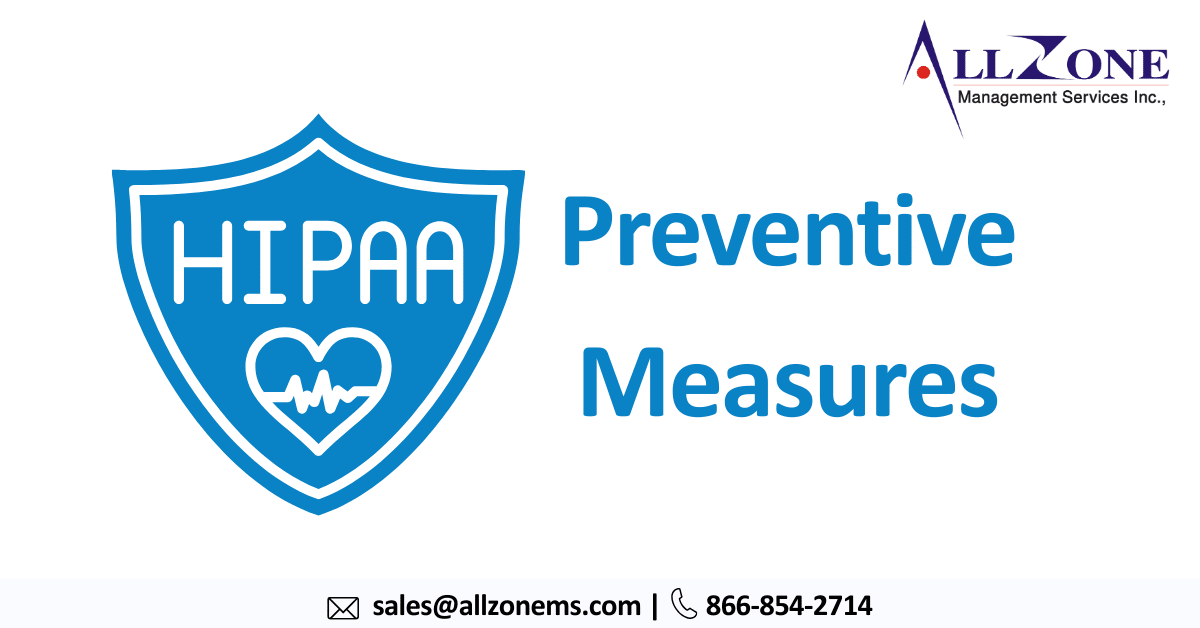HIPAA violations happen when a healthcare organization fails to follow the Health Insurance Portability and Accountability Act (HIPAA) rules. HIPAA is a law that protects patients’ privacy by setting standards for securing and sharing their medical information.
There are different ways a HIPAA violation can occur, but they often involve a patient’s protected health information (PHI). PHI is any kind of information that can be used to identify a patient and their health condition.
The HIPAA Breach
Mark reveals a critical issue: patient information has been unintentionally attached to invoices within the hospital’s accounting system. This is a clear violation of HIPAA (Health Insurance Portability and Accountability Act) regulations. The invoices contain names, treatment details, and other sensitive data, exposing patients’ privacy.
Taking Action
The situation demands swift action.
-
- Data Removal: The top priority is to remove the compromised invoices from the system immediately. IT is already on the case.
- Patient Notification: Affected patients must be informed about the breach. Transparency and reassurance are key.
- Breach Reporting: The Department of Health and Human Services needs to be notified about the incident.
- Preventing Recurrence: A comprehensive review of existing procedures is crucial to prevent similar breaches in the future. Staff training on handling patient data will also be implemented.
- Legal Considerations: The hospital’s legal team will assist in drafting patient communications and ensure compliance with regulations.
The Takeaway: A Cautionary Tale
This fictional scenario highlights the ease with which healthcare providers can fall victim to HIPAA violations. Here’s the key message:
-
- Don’t Assume Compliance: Never assume all hospital systems are automatically HIPAA compliant.
- Compliance Officer’s Role: Regularly consult with your compliance officer to verify HIPAA compliance across all systems.
- Business Associate Agreements: Even with compliant software, ensure there’s a “Business Associate Agreement” with the vendor, outlining data security responsibilities.
By following these steps, healthcare institutions can safeguard patient information and avoid hefty penalties associated with HIPAA violations.
Comprehensive Revenue Cycle Management Services with Allzone
Allzone is your one-stop shop for comprehensive Revenue Cycle Management (RCM) services. We empower healthcare providers to focus on patient care while we handle the critical behind-the-scenes tasks that drive revenue.
Our Expertise:
-
- Accurate Coding: Our certified coders ensure precise medical coding using ICD-10, CPT, and HCPCS for seamless claims processing. We specialize in diverse medical fields for tailored accuracy.
- Streamlined Charge Entry: We meticulously capture billable services and accurately code them, maximizing your rightful reimbursements.
- Efficient Claims Submission: We handle electronic claim submissions to insurance companies, expediting turnaround times and boosting efficiency.
- Clear Payment Posting: We manage payments from insurance and patients, ensuring accurate account balances and resolving any discrepancies.
- Persistent A/R Follow-up: We stay on top of outstanding claims, promptly addressing denials and resubmitting them for faster payments.
- Denial Management Experts: Our team analyzes denied claims, identifies root causes, and implements strategies to minimize future rejections.
- Patient Billing & Collections: We handle everything from generating patient statements to managing inquiries and collections, ensuring timely payments.
- Credentialing Made Easy: We assist you with navigating credentialing and re-credentialing processes, ensuring compliance with insurance requirements.
Partner with Allzone and focus on what matters most – your patients. We’ll handle the rest, optimizing your revenue cycle for a healthier bottom line.

